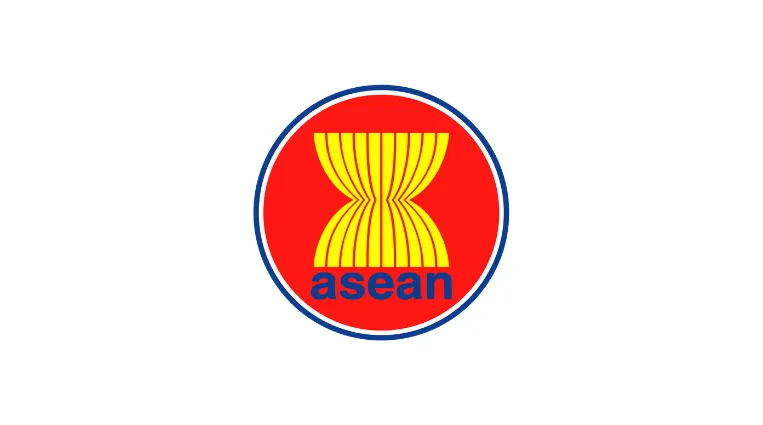Chairman’s Statement of the 43rd ASEAN Summit
06 September 2023

- We reaffirmed the importance of promoting a whole-of-ASEAN approach in disaster management and emergency response and reaffirmed our commitment to continuously enhance ASEAN’s capacity in implementing the ASEAN Declaration on One ASEAN One Response: ASEAN Responding to Disasters as One in the Region and Outside the Region including through support for the ASEAN Coordinating Centre for Humanitarian Assistance on disaster management (AHA Centre). We commended the AHA Centre’s leading role in supporting and assisting Myanmar in the aftermath of the severe impact of Tropical Cyclone MOCHA through the mobilisation of relief items from the Disaster Emergency Logistics System for ASEAN (DELSA) to the affected communities through the facilitation from the ASEAN Militaries Ready Group on Humanitarian Assistance and Disaster Relief (AMRG on HADR). We appreciated the support from the ASEAN Member States and the ASEAN Secretariat through the deployment of the ASEAN Emergency Response Assessment Team (ASEAN-ERAT), including the completion of the Needs Assessment of the affected areas in Rakhine State.
- We reaffirmed ASEAN’s continued support for Myanmar’s efforts to bring peace, stability, the rule of law, promote harmony and reconciliation among the various communities, as well as ensure sustainable and equitable development in Rakhine State.
- We emphasised the importance of and reiterated our continued support for Myanmar’s commitment to ensuring safety and security for all communities in Rakhine State as effectively as possible and facilitating the voluntary return of displaced persons in a safe, secure, and dignified manner. We noted the engagement and cooperation between Myanmar and Bangladesh for the pilot repatriation project, to facilitate more than 7,000 returnees by the end of 2023 and welcomed Myanmar’s efforts to work towards the implementation of this project.
- We looked forward to ASEAN’s continued facilitation of the repatriation process through the implementation of the projects as the follow-up to the recommendations of the Preliminary Needs Assessment (PNA). We also
looked forward to the Comprehensive Needs Assessment (CNA) when conditions allow and encouraged the Secretary-General of ASEAN to continue identifying possible areas for ASEAN to effectively facilitate the repatriation process.
Developments in Myanmar
160. We discussed the development in Myanmar, particularly the implementation of the Five-Point Consensus (5PC) and strongly condemned the continued escalation of violence, causing prolonged suffering for the people of Myanmar, humanitarian crisis, the destruction of houses and public facilities such as schools, hospitals, markets, churches and monasteries, and adverse impacts on regional stability, particularly along the border region.
161. We reiterated our position that the 5PC remains as ASEAN’s main reference to address the political crisis in Myanmar, and in that regard, we were gravely concerned by the lack of substantial progress on its implementation by the Authority in Myanmar, despite their commitment to the 5PC in April 2021.
162. We appreciated the ASEAN Chair’s efforts and the intensive and inclusive engagements by the Office of the Special Envoy in ensuring concrete progress on the implementation of the 5PC and welcomed the Chair’s comprehensive report and assessment in that regard. We reviewed the progress of the 5PC and decided on the way forward. In that regard, we endorsed the ASEAN Leaders’ Review and Decision on the Implementation of the Five-Point Consensus. We reaffirmed our commitment to continued and sustainable ASEAN’s ongoing strategies and approach to help the people of Myanmar find peaceful, comprehensive and durable solutions.
Announcements
28 February 2025
Asian NGO Network on National Human Rights Institutions , CSO Working Group on Independent National Human Rights Institution (Burma/Myanmar)
Open letter: Removal of the membership of the dis-accredited Myanmar National Human Rights Commission from the Southeast Asia National Human Rights Institution Forum

Progressive Voice is a participatory rights-based policy research and advocacy organization rooted in civil society, that maintains strong networks and relationships with grassroots organizations and community-based organizations throughout Myanmar. It acts as a bridge to the international community and international policymakers by amplifying voices from the ground, and advocating for a rights-based policy narrative.